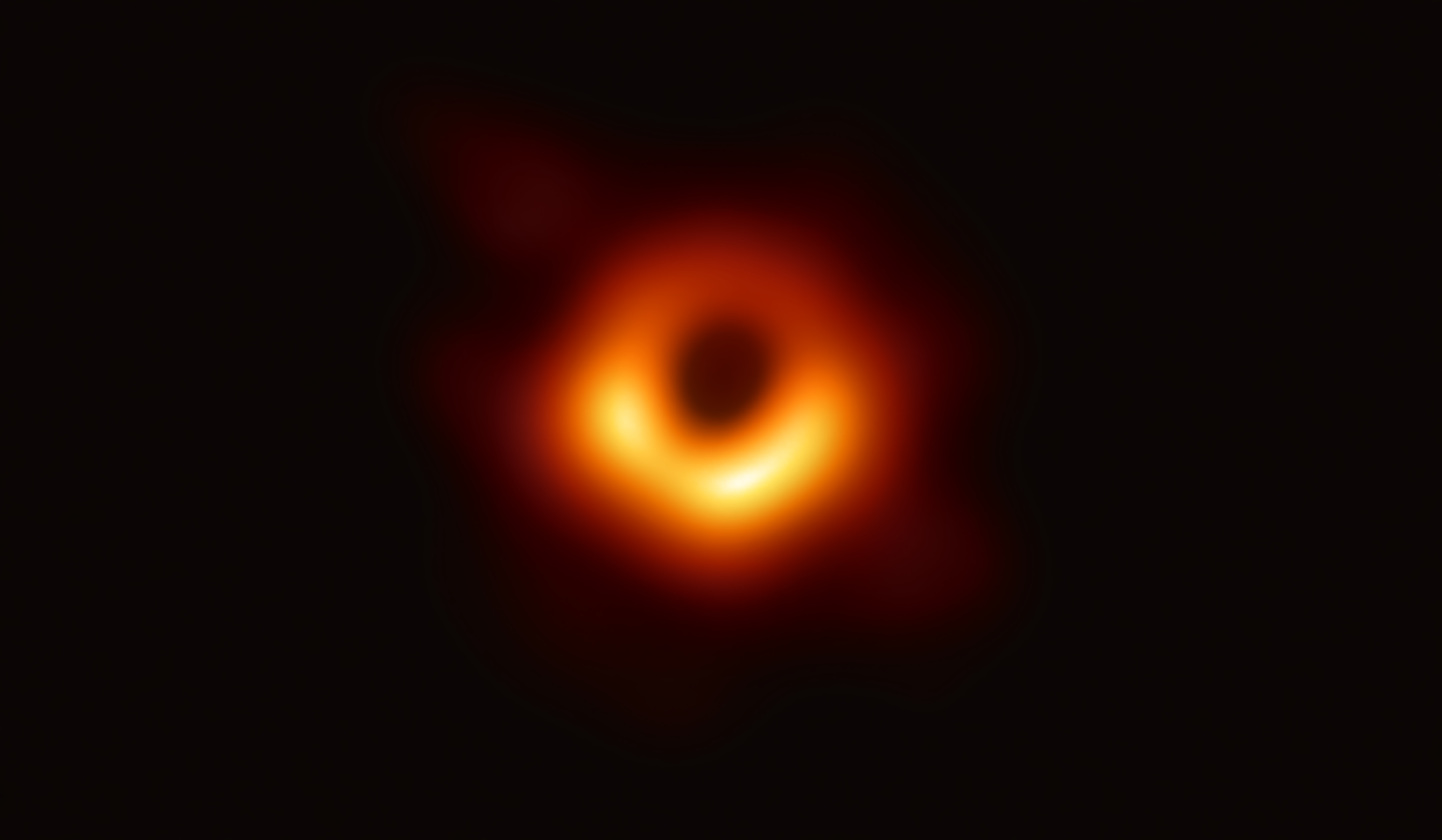Can a Black Hole Become a Regular Object Through Evaporation?

Question:
“Something has always questioned me about the evaporation of black holes. The quantum effects of the vacuum and the creation of pairs on the horizon of the black hole are understandable, but I don’t understand that it can last until the black hole completely disappears. As it evaporates in its horizon, the black hole loses mass, so if its density and internal gravity decrease, does it really remain a black hole? if we push the evaporation until only a few atoms remain, we will no longer be in the presence of a dense, confined black hole ”
.
The above excerpt took a comment on this article in French, about Planck’s hypothetical stars and how they could eliminate the singularities of black holes (https://www.lefigaro.fr/sciences/2014/07/22/01008-20140722ARTFIG00221 -et-si-les-trous-noirs-finissaient-par-exploser.php? pagination = 3).
This is also my question, if this black hole evaporation by Hawking radiation is something real, wouldn’t the black hole itself lose density? because it would lose mass, so it seems to make sense that if this radiation exists, black holes over time would have a lower density, which for me contradicts the principle of black holes, where the x of the issue itself is density, and not so much the mass, since, compressing any object to infinitesimally small volumes, we would have a black hole, which could even be a meteorite, car engine or a massive star, for example.
Answer:
Since the gravitational force due to an object is proportional to its mass divided by the square of the radius of the distance at which one measures the gravitational force, you can have a black hole with any mass. It is the volume of space over which this mass exists that determines its state as a black hole (or not). Further information regarding Hawking Radiation can be found in a previous answer posted to this blog regarding the question: “Why to Black Holes Lose Mass When They Emit Hawking Radiation?”.





